F3 assembles producers of microalgae, canola and single-cell proteins to discuss the challenges and huge opportunities aquaculture presents
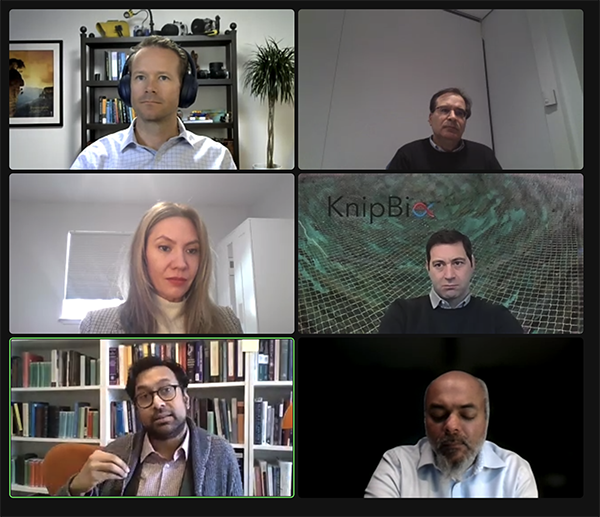
It’s not the microchip. Plants are the most advanced technology that humans can engineer because they are self-repairing, self-assembling, self-replicating and renewable, according to Sudeep Garwala, Ph.D., associate communications director and biological engineer at Ginkgo Bioworks.
Even more than computers, “biology is the most powerful manufacturing platform,” Garwala said during an F3 (Future of Fish Feed) webinar on Feb. 24 that brought together leading biotechnology entrepreneurs targeting the animal feeds sector. “Just like computers, biology is fundamentally programmable. Modifying DNA, the code of life, has been done for decades.”
Aiming to supplement or potentially replace marine ingredients like fishmeal and fish oil from aquaculture feeds, the panelists discussed how the fast-growing aquaculture sector – which produces roughly half of all edible seafood consumed globally – is limited by its current dependence on a limited natural resource. Panelists represented companies producing microalgae, canola and single-cell protein (SCP) products. Agarwala said Ginkgo Bioworks is a “platform to make it easier to engineer biology,” one that could benefit multiple types of ingredients and therefore many types of aquatic animals with varying nutritional needs.
Several of the companies’ products are not merely in the pipeline – they are being produced at commercial scale right now and are being integrated into the feeds used by some of the largest aquaculture producers in the world. Karim Kurmaly, CEO of microalgae producer Veramaris, which has a production facility in Nebraska, USA, touted his company’s “high potency” algal oil that is manufactured via renewable energy and produces zero waste. Veramaris algal oil, he added, contains the highest levels of the long-chain fatty acids DHA and EPA of any product on the market. Such omega-3 oils are critical for both animal and human nutrition and can only be obtained through food.
Massachusetts, USA-based KnipBio, which has gained U.S. Food and Drug Administration approval for its single-cell protein products derived from methanotroph bacteria, has successfully transformed such microbes into “smart proteins” using industrial fermentation, said Larry Feinberg, CEO. Microbes, he added, are diverse and can consume a variety of feedstocks.
“KnipBio Meal is a functional single-cell protein that delivers precision nutrition potential,” such as prebiotic compounds and carotenoids, Feinberg said. KnipBio is now focused on tailoring its applications to recirculating aquaculture systems (RAS) producers. He described the fast-growing land-based aquaculture industry as a “very exciting sector with some specific challenges” that SCP ingredients can address.
For novel feed ingredients to gain wider acceptance, however, Feinberg pointed to the need for a clearer regulatory framework and potentially even a lobbying effort to speed up market adoption.
“The bottom line is it has to work, and work within the animal,” said Feinberg. “And it has to scale.”
While aquafeeds and aquafeed ingredient manufacturing is typically a step or two removed from the public eye, Katrina Benedicto, sustainability and communications director at Nuseed Nutritional, says a product like omega-3 enhanced canola oil is something that consumers can easily understand and support. Nuseed produces high amounts of EPA and DHA and minimal amounts of omega-6 fatty acids, which can have negative impacts on certain aquatic animals.
The bottom line is it has to work, and work within the animal. And it has to scale.
“It makes biotech more accessible to consumers. We’re working on output traits with clear environmental advantages,” she said, adding that about 2 hectares of Nuseed canola can produce roughly the same amount of omega-3 fatty acids as 10,000 kg of wild fish. “It makes people more comfortable with the technology.”
Other presenters included Menon Renewable Products, whose Mr. Feed “functional ingredient” product line is sold in more than 30 countries worldwide to both fish and shrimp. It can be produced by using a variety of cellulosic feedstock sources and can replace fishmeal, soy protein concentrate and other common feed ingredients used in aquaculture. Suresh Menon, Ph.D., founder and CEO, was unable to join the live panel discussion.
Kedar Patel, Ph.D., senior VP of biology at Novonutrients, talked about how the California-based company can “cleanly upcycle” two gigatons of carbon dioxide to generate one gigaton of nutritious protein biomass that can be fed to a range of animals. Novonutrients uses natural microbes and an industrial fermentation process to create a high-protein ingredient.
Christopher Oakes, head of strategic partnerships in agriculture for Deep Science Ventures, served as the moderator. To view the full webinar “Feeding Big Appetites: How Biology is Helping Ocean Conservation and Solving Aquaculture’s Biggest Problem,” visit the F3 website.
Follow the Advocate on Twitter @GSA_Advocate
Now that you've reached the end of the article ...
… please consider supporting GSA’s mission to advance responsible seafood practices through education, advocacy and third-party assurances. The Advocate aims to document the evolution of responsible seafood practices and share the expansive knowledge of our vast network of contributors.
By becoming a Global Seafood Alliance member, you’re ensuring that all of the pre-competitive work we do through member benefits, resources and events can continue. Individual membership costs just $50 a year.
Not a GSA member? Join us.
Author
-
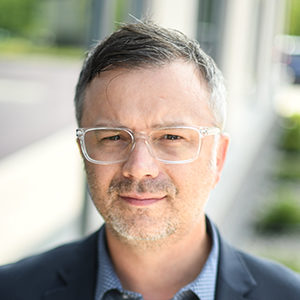
James Wright
Editorial Manager
Global Seafood Alliance
Portsmouth, NH, USA[103,114,111,46,100,111,111,102,97,101,115,108,97,98,111,108,103,64,116,104,103,105,114,119,46,115,101,109,97,106]
Tagged With
Related Posts
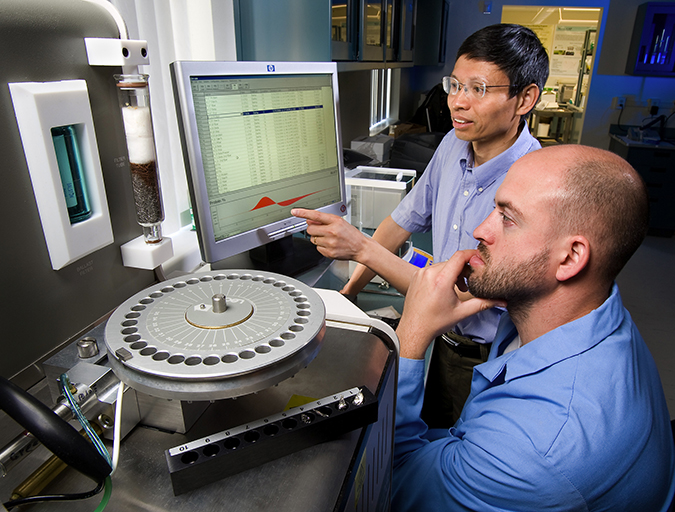
Aquafeeds
Alternative feed ingredient universe to convene at F3 meeting
What started out as a simple yet ambitious contest to drive innovation in the aquafeed sector has evolved into a fully global competition – and collaboration – amongst ingredient suppliers and feed manufacturers.
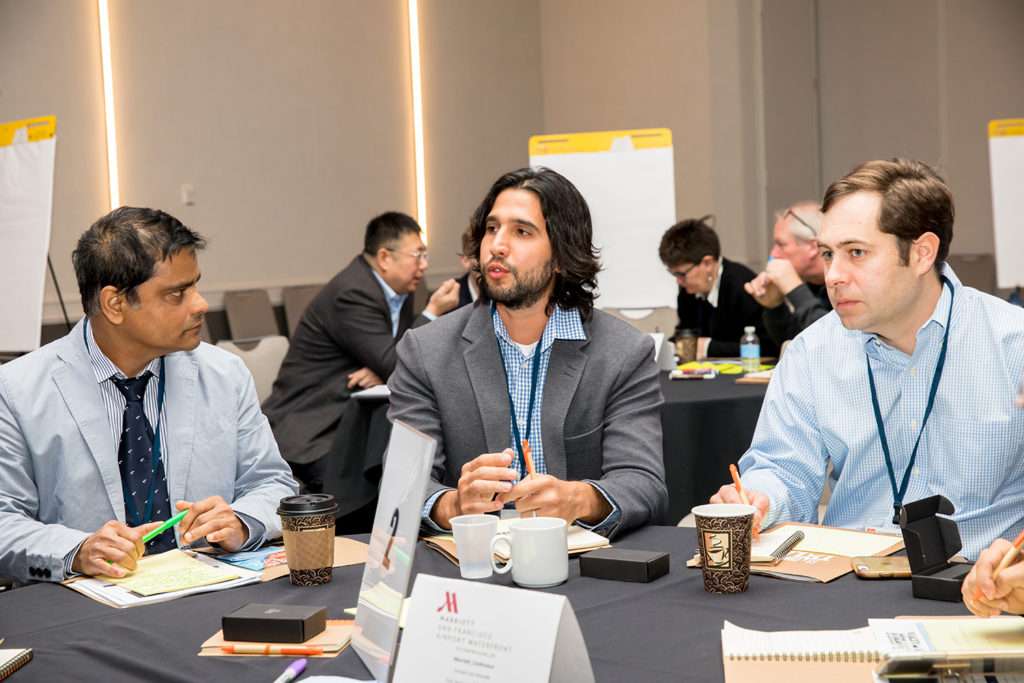
Aquafeeds
Aquafeed moonshots at the F3 ‘talent show’
At the F3 (fish-free feed) Companies Got Talent event in Burlingame, Calif., last week, alternative (non-marine) aquafeed ingredient companies spoke of decoupling aquaculture from fishmeal and fish oil in their quest for greater sustainability.
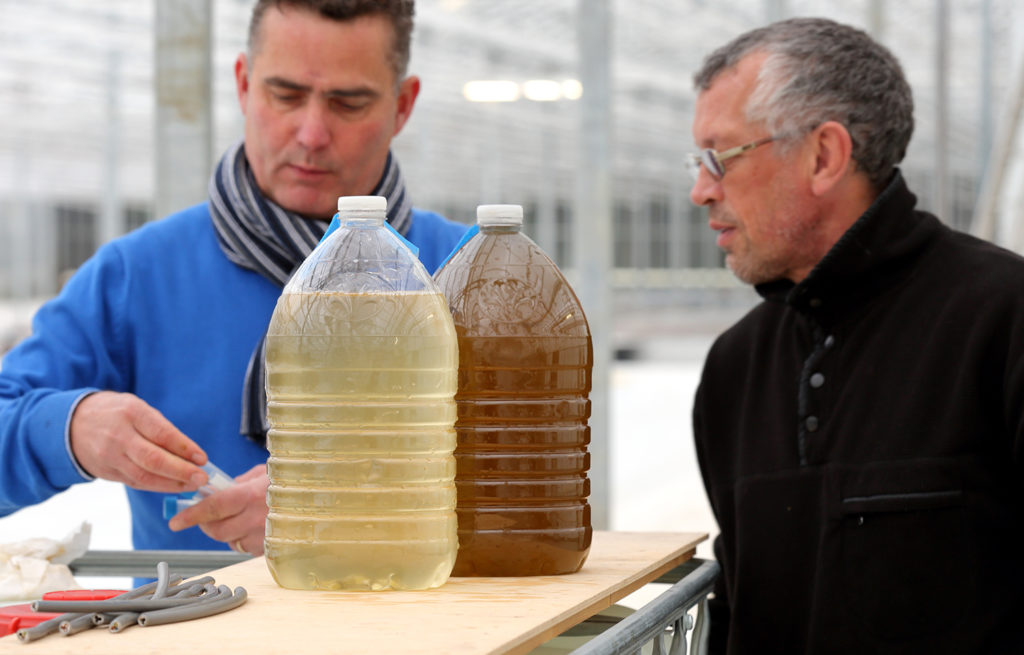
Innovation & Investment
Algae innovators aim to freeze out early-stage shrimp losses
A greenhouse in Belgium believes its innovative shrimp feed product, made from freeze-dried microalgae, packs the necessary nutrients for the crustacean’s most vulnerable life stage: the first three days of its life.
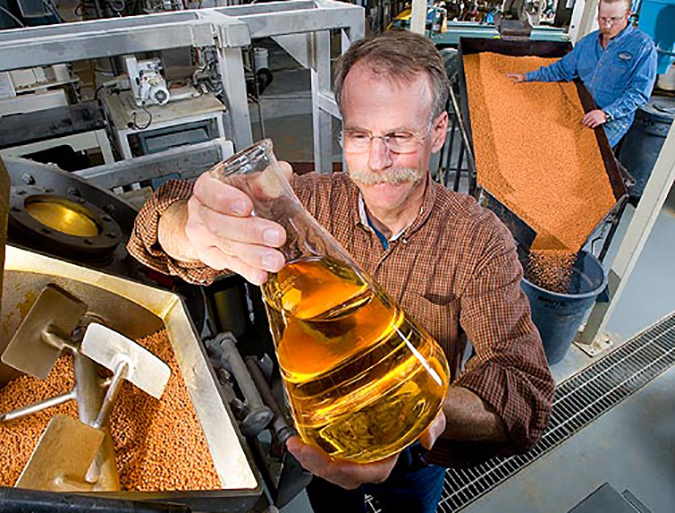
Aquafeeds
Aquaculture Exchange: Rick Barrows
After 14 years with the USDA’s Agricultural Research Service, Rick Barrows talks about the importance of finding ‘complete’ and commercially viable alternative sources of omega-3 fatty acids and continuing innovation in the aquafeed sector.


